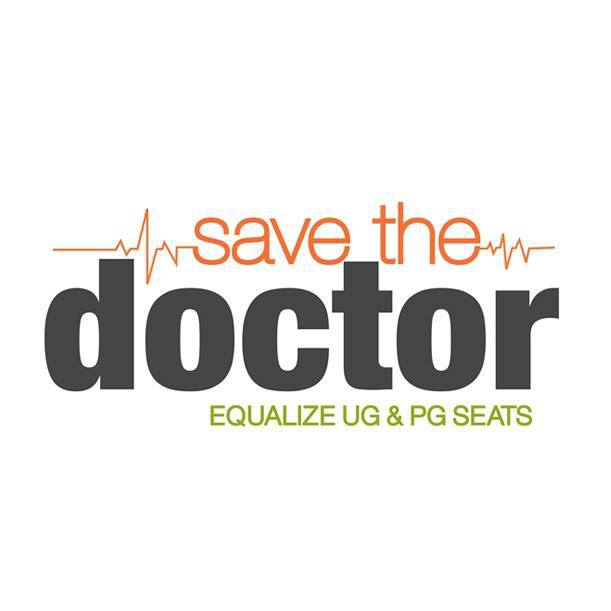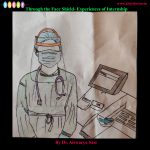Collateral Damage!The term has been so ubiquitously and loosely used that it has lost all meaning except one- almost always the party at the receiving end is helpless and hapless. And never has it been brought in to greater focus than recently with the October 3rd bombing of the hospital at Kunduz in Afghanistan, manned by the Medecins sans Frontieres (MSF). Thirty people lost their lives and numerous lay injured. Explanations will be given and blame may be proportioned but humanity is yet again the casualty.
Disaster relief work is the kind of frontier medicine which takes special people with a calling to do; they bring their skill sets, ingenuity and heart to a task most difficult.
MSF has been tackling health problems in some of the most difficult parts of the world over the last 40 years. This Nobel winning  humanitarian organisation has consistently gone with their team of healthcare workers and logisticians into parts of the world where natural and manmade crises have ravaged the helpless. Biafra, East Timor, Sri Lanka, Kosovo, Rwanda, Afghanistan- there has been no strife torn part of the world which the MSF has not sent their team to. Egalitarian in nature, the team leads are often nurses or logistics people- who so ever are best equipped to lead. Extremely resourceful, the logistics team at short notice is able to set up spare yet fully functional medical facilities from scratch, so the health care professionals can get to work as soon as they land up.
humanitarian organisation has consistently gone with their team of healthcare workers and logisticians into parts of the world where natural and manmade crises have ravaged the helpless. Biafra, East Timor, Sri Lanka, Kosovo, Rwanda, Afghanistan- there has been no strife torn part of the world which the MSF has not sent their team to. Egalitarian in nature, the team leads are often nurses or logistics people- who so ever are best equipped to lead. Extremely resourceful, the logistics team at short notice is able to set up spare yet fully functional medical facilities from scratch, so the health care professionals can get to work as soon as they land up.
As part of an MSF mission in 1999 when the Eastern coast of India was hit by a super cyclone, we were in the island villages off the coast of Orissa working with people marginalised in every sense- the Bangladeshi families inhabiting these villages were considered illegal immigrants by the Indian government and as such left out of even the official relief network. This was typical MSF territory- they look at the most difficult of tasks, get their logistic teams ahead of their medical personnel, set up base and get to work. It was hard work but the fellow feeling in the team comprising of Dutch, Spanish, English and Indian personnel made things easier. The icing on the cake was when at the end of mission, we arrived in Bhubaneswar just in time to watch the telecast of the acceptance of the Nobel Prize for Peace.
All our experiences on that mission paled in significance listening to the harrowing accounts of teams in Bosnia (rescued amidst landmines), Rwanda (stripped naked and marched before they were rescued) and East Timor (where they barricaded themselves from insurgents in a pharmacy before they were brought out). The organisation spared no effort in diplomatic arm twisting and resources to get their people out. Unfortunately in Kunduz, it was not to be…..
These are just some recollections of a once upon a time volunteer member of the MSF. You can imagine what they have achieved in terms of lives saved , advocacy and public health transformation over the last four decades. In an increasingly cynical atmosphere where people in Health are looked upon as adversaries and profiteers, it is the work of groups such as these that restores our faith.
Fellow Healthcare professionals, these are the best of us- noble, courageous, skilful and compassionate- the pride of our profession. Let us take a moment to reflect and salute their spirit.











